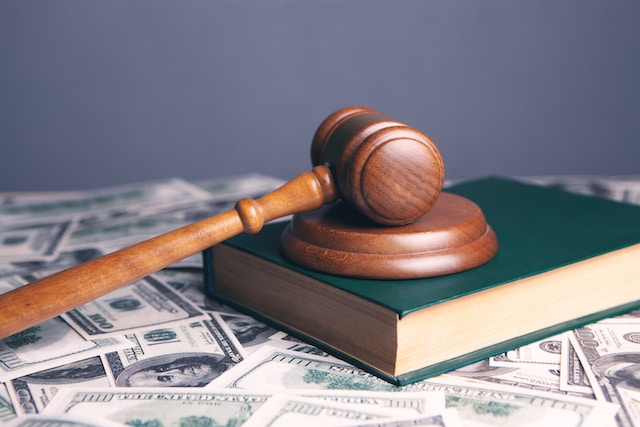Music is a universal language that has the power to connect people from different cultures and backgrounds. It has the ability to evoke emotions, tell stories, and create lasting memories. As music plays such a significant role in our lives, it is essential to understand the legal aspects surrounding it, specifically music copyright law.
Understanding Copyright Law and the Music Industry
Copyright law is a branch of intellectual property law that grants exclusive rights to the creators of original works, including musical compositions and sound recordings. These rights allow creators to control how their work is used, distributed, and reproduced, ensuring that they are fairly compensated for their artistic contributions.
History of Music Copyright Law
The history of music copyright law dates back centuries, with the first copyright statute enacted in England in 1710, known as the Statute of Anne. This statute laid the foundation for granting exclusive rights to authors and composers for a limited period. Over the years, copyright laws have evolved and adapted to the changing landscape of the music industry, particularly with the advent of new technologies and the rise of digital music consumption.
Basic Concepts of Music Copyright Law
A musical composition refers to the written or notated music, including the melody, harmony, and lyrics, while a sound recording captures the performance or rendition of a musical composition. Both musical compositions and sound recordings receive separate copyright protection, with different rights and durations.
Duration of Copyright Protection
Copyright protection for a musical composition generally lasts for the life of the creator plus an additional 70 years. In the case of sound recordings, the duration can vary depending on various factors, including the date of creation and the country of origin.
The Rights of Creators
Now, let’s explore the rights granted to creators under music copyright law. The rights typically include the exclusive rights to reproduce, distribute, publicly perform, and display their work.
Fair Use and Fair Dealing
In addition to the rights granted to creators, music copyright law also recognizes certain exceptions and limitations, known as fair use and fair dealing, which allow others to use copyrighted material without permission under specific circumstances. Fair use and fair dealing provisions are intended to balance the rights of creators with the public interest in accessing and using copyrighted works for purposes such as criticism, commentary, education, and research.
The Importance of Registering Works
To ensure that their rights are protected, creators often register their works with copyright offices, such as the United States Copyright Office. While registration is not a requirement for obtaining copyright protection, it provides several benefits, such as the ability to sue for copyright infringement and the establishment of a public record of ownership.
By comprehending the rights and obligations granted by copyright law, individuals can navigate the complex landscape of music licensing, royalties, and intellectual property protection. As the music industry continues to evolve, staying informed about music copyright law will remain essential for ensuring the fair and ethical use of musical creations.
Key Takeaways:
- Music copyright law is a branch of intellectual property law that grants exclusive rights to creators of original musical compositions and sound recordings.
- Copyright protection for musical compositions generally lasts for the life of the creator plus an additional 70 years, while the duration of protection for sound recordings can vary.
- Creators have exclusive rights to reproduce, distribute, publicly perform, and display their work, ensuring fair compensation for their artistic contributions.
- Fair use and fair dealing provisions allow limited use of copyrighted material without permission under specific circumstances, balancing the rights of creators with public interest.
- Registering works with copyright offices provides additional benefits, such as the ability to sue for infringement and establishing a public record of ownership.
To thrive in the music industry, it is essential to have a solid understanding of music copyright law. By being aware of your rights and obligations as a creator or user of music, you can navigate licensing, royalties, and intellectual property protection more effectively. To further enhance your knowledge and gain practical insights into the business aspect of the entertainment industry, consider enrolling in the “NYU Business of Entertainment” online course and certificate program offered by Yellowbrick. This comprehensive program will equip you with the necessary skills to succeed in the dynamic world of music and entertainment. Stay informed, protect your rights, and continue to create and enjoy the wonders of music while respecting the legal framework that surrounds it.








